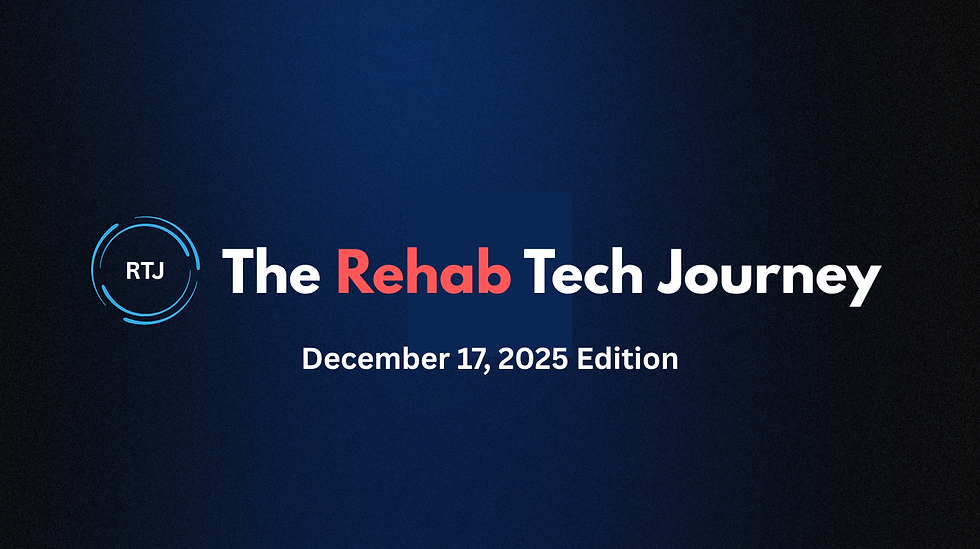Overcoming Cognitive Impairment in TBI Recovery with SMART PLAYBALL
- PLAYWORK

- Jul 23, 2024
- 2 min read

Medically reviewed by Liron Shnitzer, OT — written by PLAYWORK.
Traumatic brain injury (TBI) often leaves patients grappling with significant cognitive impairments, including memory loss, reduced attention span, and diminished problem-solving skills. Addressing these challenges is crucial for effective recovery. In the literature, various technologies have been found to assist in the rehabilitation of this population.
How it works?
One innovative technology is the Smart PLAYBALL system which targets cognitive rehabilitation by engaging patients in interactive games designed to enhance memory, focus, and critical thinking. Each game provides immediate feedback, allowing for real-time progress tracking and adaptive difficulty levels. This adaptability ensures that activities are neither too easy nor too challenging, keeping patients motivated and engaged.
One of the major benefits of the Smart Playball is its ability to make cognitive exercises enjoyable. Traditional rehabilitation can often be monotonous, leading to patient disengagement. However, the playful nature of the Smart Playball system transforms therapy into an enjoyable experience, encouraging consistent participation and effort.
Adjustments can be made in the game and during practice (such as adding execution time, error range, weight adjustment) to encourage efficient learning. This can be achieved through ACTIVE ASSISTIVE support, *ERRORLESS LEARNING technique, and ***MOTOR LEARNING.
ADL Simulations
Furthermore, the Smart Playball integrates physical activities, such as reaching, grasping and rolling, which help improve motor skills and coordination. These exercises are essential for daily function and independence, complementing the cognitive benefits and providing a holistic approach to TBI rehabilitation.
In summary, the Smart Playball system addresses the significant challenge of cognitive impairment in TBI recovery by combining mental and physical exercises in an engaging, adaptive, and enjoyable format. This innovative approach not only enhances cognitive functions but also promotes overall patient well-being and recovery.
* ACTIVE ASSISTIVE Support: Facilitation provided by applying external force assistance to a joint, usually given by a therapist, device, or the patient to compensate for weakness, pain, tone, and more.
** ERRORLESS LEARNING Technique is a teaching technique whereby people are prevented as far as possible from making mistakes while they are learning a new skill or new information. From: International Encyclopedia of the Social & Behavioral Sciences, 2001.
*** MOTOR LEARNING encompasses a wide range of phenomena, ranging from relatively low-level mechanisms for maintaining calibration of our movements, to making high-level cognitive decisions about how to act in a novel situation. FROM: Krakauer JW, Hadjiosif AM, Xu J, Wong AL, Haith AM. Motor Learning. Compr Physiol. 2019 Mar 14;9(2):613-663. doi: 10.1002/cphy.c170043. Erratum in: Compr Physiol. 2019 Jun 12;9(3):1279. doi: 10.1002/cphy.cv09i03corr. PMID: 30873583.
To learn more about our smart hand therapy ball visit www.playwork.me




Comments